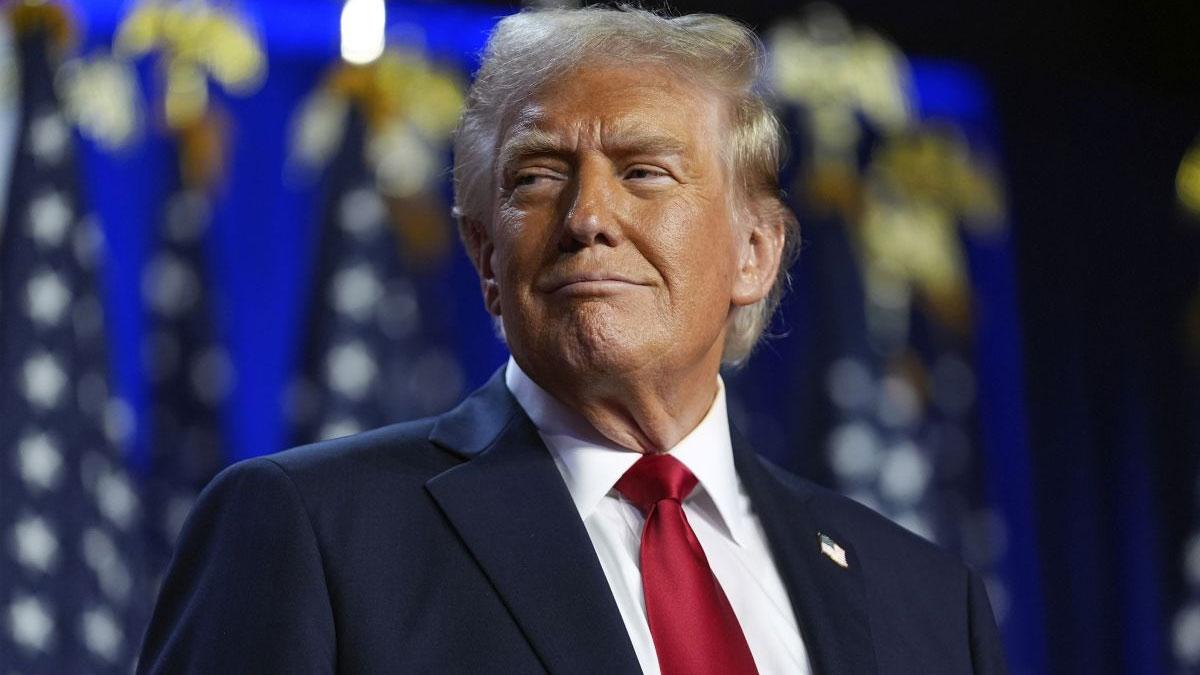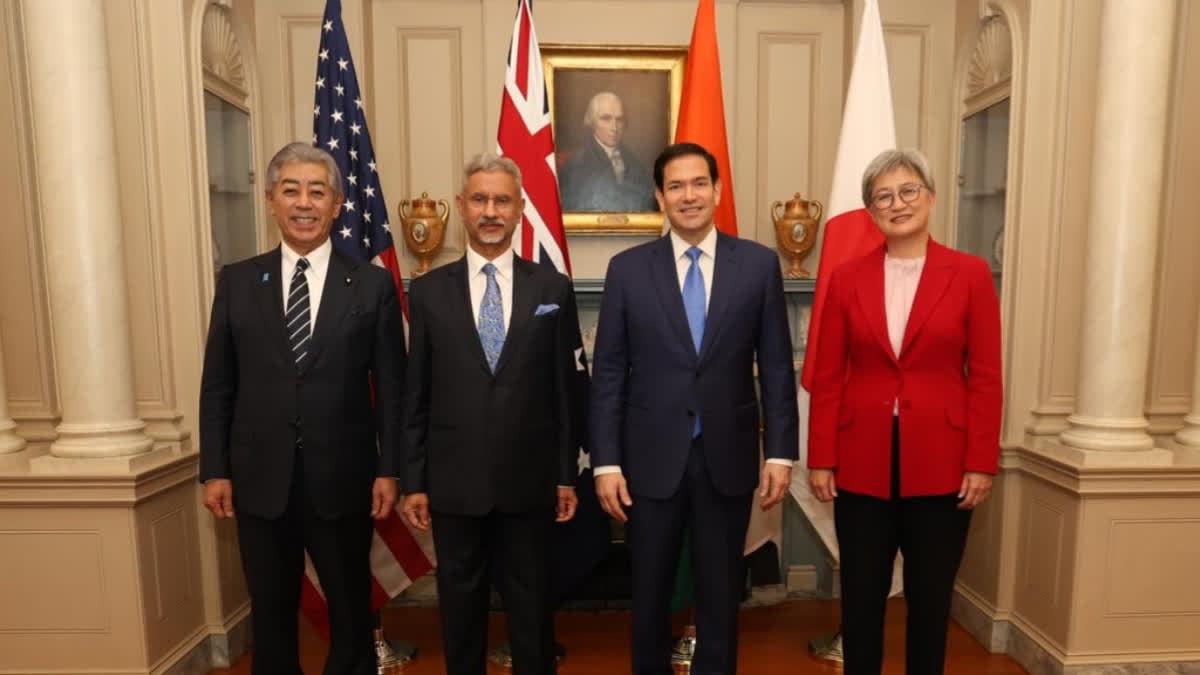Blasphemy is a speech crime and religious crime usually defined as an utterance that shows contempt, disrespect, or insult of a deity, an object considered sacred, or something considered inviolable.
Some religions regard blasphemy as a religious crime, especially the Abrahamic religions, and have severe laws against it. Of the 71 countries that criminalise blasphemy, 32 are majority Muslim nations.
Punishment and enforcement of blasphemy laws vary. It is punishable by death in Iran, Pakistan, Afghanistan, Brunei, Mauritania, and Saudi Arabia.
Among non-Muslim nations, the harshest blasphemy laws are in place in place Italy, where the maximum penalty is three years in prison. Half of the world's 49 Muslim-majority countries have additional laws banning apostasy, meaning people may be punished for leaving Islam.
Also Read | Japan's Kishida claims no plans for snap election 'for now' as public support wanes
All countries with apostasy laws are Muslim-majority nations except India. Apostasy is often charged along with blasphemy. Interestingly, Dharmic religions, such as Hinduism, Buddhism and Jainism, have no concept of blasphemy and hence prescribe no punishment.
Pakistan and India both inherited their blasphemy laws from British colonial rulers, who in 1860 introduced a set of laws related to religion to quell Hindu-Muslim violence in the Indian subcontinent. The laws were strengthened in 1927 with the addition of a vague clause to criminalise "deliberate and malicious acts intended to outrage religious feelings of any class by insulting its religion or religious believers", in response to a high-profile case that ultimately ended in the murder of a Hindu man who had published a pamphlet deemed "blasphemous" by some Muslims.
Pakistan's harsh blasphemy laws were strengthened in independent Pakistan due to pressure from the religious right wing. Pakistan's laws are some of the strictest in the world, harsher and more specific than comparable laws in Saudi Arabia, Iran, Malaysia, Indonesia, Afghanistan, and other countries. In recent years, record numbers of cases are being filed under the law, which can carry a death sentence, inside or 'outside' the courtroom.
There can be ridiculous allegations of blasphemy in Pakistan, as absurd as throwing a business card into the rubbish (the man's name was Muhammad), a rural water dispute, spelling errors, the naming of a child, the design of a place of worship, burning a (non-religious) talisman or sharing a picture on Facebook.
Anthropologists, sociologists, and other experts are of the opinion that religious identity has been centred as one of the core bases for national belonging in Pakistan. The country, which was carved out of Bharatvarsha, based on religion put Islam as the ultimate source of sovereignty, hence minorities were always a target for persecution even as the country came into existence in 1947.
Since Islam can always be hijacked by more vocal, passionate, and zealous representatives of Islam, insisting on their true and authentic versions, blasphemy laws and court cases became a site of political contestation consuming the minority populace at a steady pace once then Prime Minister Zulfiqar Ali Bhutto's government oversaw the introduction of a constitutional amendment that declared members of the Ahmadiyya sect 'non-Muslims' in 1974.
Between 1980 and 1986, the military government of General Zia-ul-Haq further strengthened the laws, adding five new clauses, all specific to Islam and criminalising offences such as defiling the Holy Quran, insulting Islam's Prophet, or using 'derogatory' language against certain religious figures.
During Haq's rule, from 1977-1988, the number of cases skyrocketed, with more than 80 blasphemy cases filed in that period, a sharp contrast to the use of the colonial era law in the decades following Pakistan's establishment, when just 10 judgments relating to offences against religion were reported until 1977.
That skyrocketing trend of blasphemy cases continued through the 1990s, after a controversial higher Islamic court decision in 1991 that made the imposition of the death penalty mandatory for the crime of insulting Islam's Prophet.
Between 2011 and 2015, the latest period for which consolidated data is available, there were more than 1,296 blasphemy cases filed in Pakistan. The laws are now treated as sacred, but experts say there is no clear definition of 'blasphemy' in Islamic jurisprudence, nor is there agreement on the punishment for it.
Barelvis form roughly half of Pakistan's population, and their beliefs are a synthesis of conservative Islam and South Asian Sufi practices, including the veneration of saints and a particular devotion to the Prophet Muhammad.
"After Taseer's assassination and the lionisation of Mumtaz Qadri, it is clear that Barelvis begin to position themselves as the group that are the true eAshiq-e-Rasool' [lovers of the Prophet] and assume the position as true representatives of Islam in the public arena through blasphemy," says Arsalan Khan, an anthropologist who studies Islamic revivalist movements.
The murders, and subsequent public mobilisation in support of violence in the name of the blasphemy law, gave religious parties that represented the country's majority Sunni Muslim Barelvi sect, long side-lined from political prominence, an opportunity to regain lost political ground, say analysts.


















